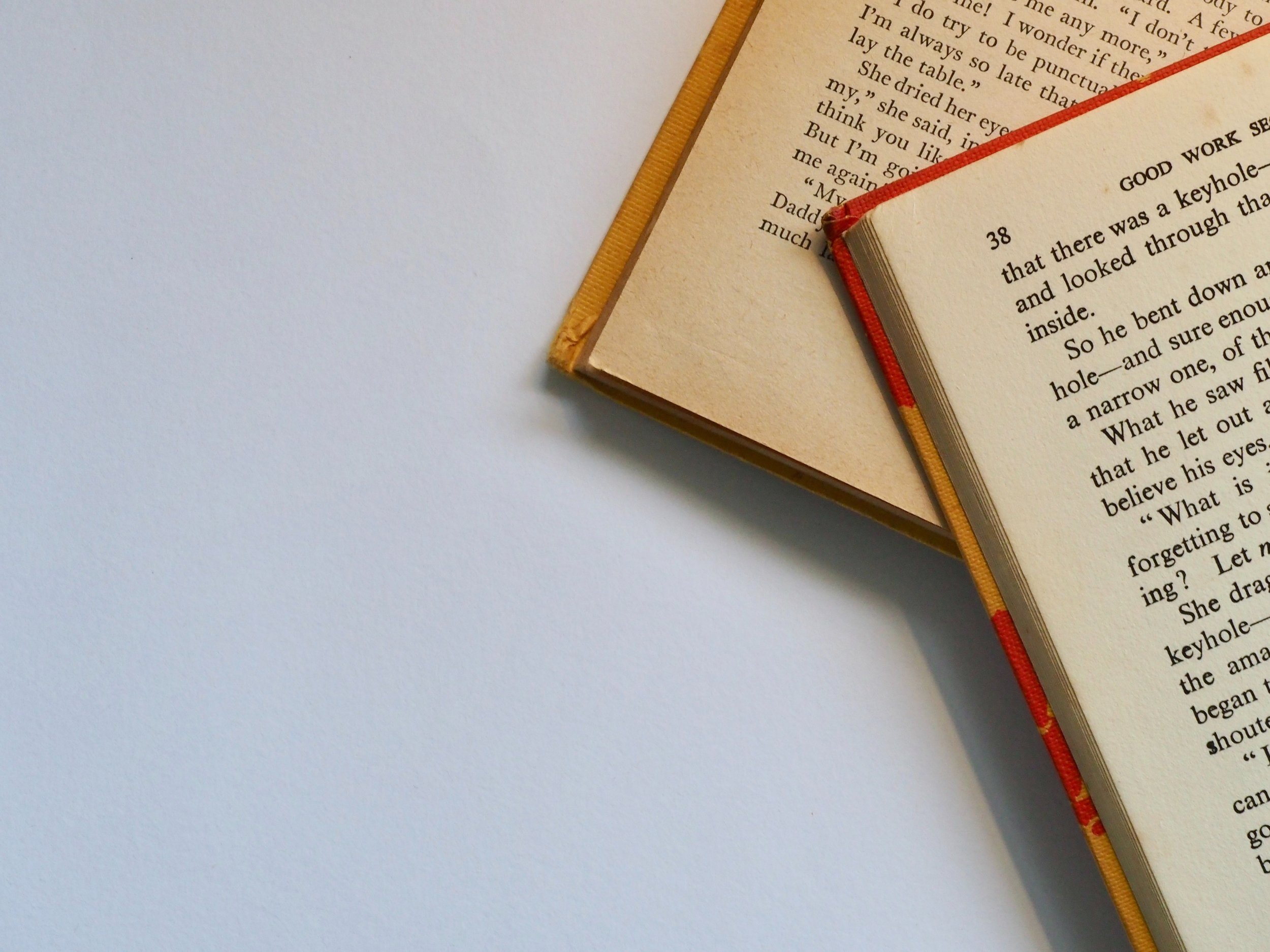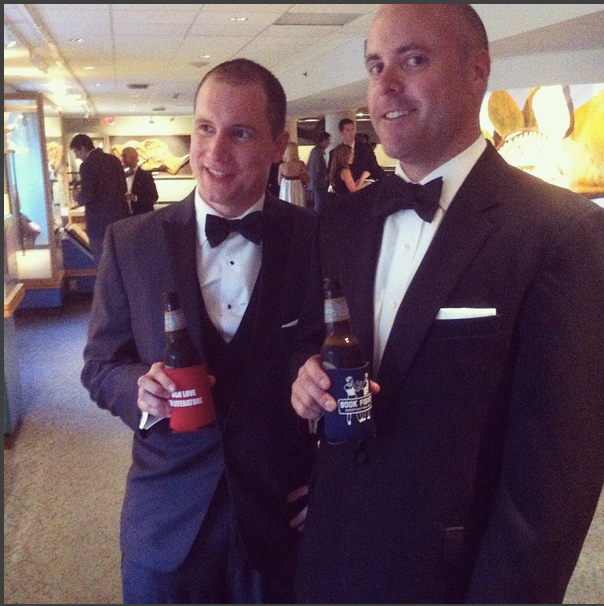
A podcast where writers talk honestly about books, writing, and the literary world
Latest Episodes
Well, friends, here it is. After 13 years, the Book Fight podcast is finally riding off into the sunset. Join us for one final episode, as we look back at what we've learned, read some listener tributes, and take our last trip to Appelation Station.
We're joined by Elisa Gabbert (Any Person is the Only Self, Normal Distance) to discuss E.M. Forster's 1924 novel A Passage to India, and also to speculate wildly about why this was the last novel Forster ever wrote.
We're joined by Sam Ashworth (The Death and Life of August Sweeney) to talk about the ultimate ending: death. Our book this week is Julian Barnes' 2008 memoir about death and dying, Nothing to Be Frightened Of. We discuss ruminative books, and whether all narratives need to have an arc. Plus: the triumphant return of Judge a Book By Its Cover.
No guest this week, as we wanted to do an episode with just the two of us, here at the mid-point of our final season. For our reading, we dive into A Clockwork Orange, which Mike had somehow never read. Meanwhile, not only had Tom read it, he wrote a paper about its ending, back in his undergrad days, which by some miracle (or anal-retentiveness?) he still has a copy of.
We're joined one last time by fan favorite Katherine Hill (A Short Move) to talk about Nora Ephron's 1983 novel Heartburn, a thinly veiled account of the author's divorce from Carl Bernstein. Specifically: Why does it seem like everyone is reading this book right now? And is it somehow the godmother of the recent spate of Millenial divorce books?
We chose this book because it deals with a different kind of ending: retirement. Four aging office workers are on their way out, and each is sad in their own way. The book's kind of a bummer, but also funny? Like a certain podcast you all know and love.
The problem with writing very short stories is that it forces you to write more endings, which are the hardest part! At least that's our opinion. But we bring on writer and Barrelhouse fiction editor Christopher Gonzalez (I'm Not Hungry But I Could Eat, 2021) to school us in how to stick the landing on flash fiction.
We kick off the final season of Book Fight with a guest-free episode--like the old days! Our reading this week is Geoff Dyer's 2022 book The Last Days of Roger Federer, and Other Endings. Which seemed thematically appropriate as we come to our own ending (of the podcast; we're not dying or anything).
It's that time of year again: our annual holiday episode, where we invite several members of the Barrelhouse editorial team to read and discuss a very sexy holiday-themed novel. This year's book is SKRUJ: Holidate with an Alien, by bestselling author Honey Phillips. The book is a retelling, of a sort, of the Dickens Christmas classic, but starring a grumpy alien man with a weird (and gigantic) penis, and his human lover.
We wrap up our noir season with one final episode, this one discussing the 1963 Peter Sellers movie The Pink Panther, and the series more generally, which spoofed many of the tropes of the noir/detective genres. We also look back at the season--what we learned from diving into the noir genre, and our favorite books.












